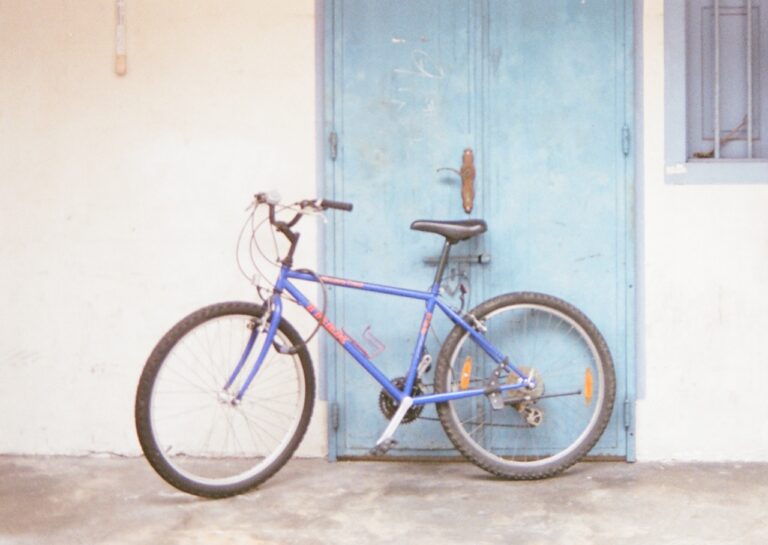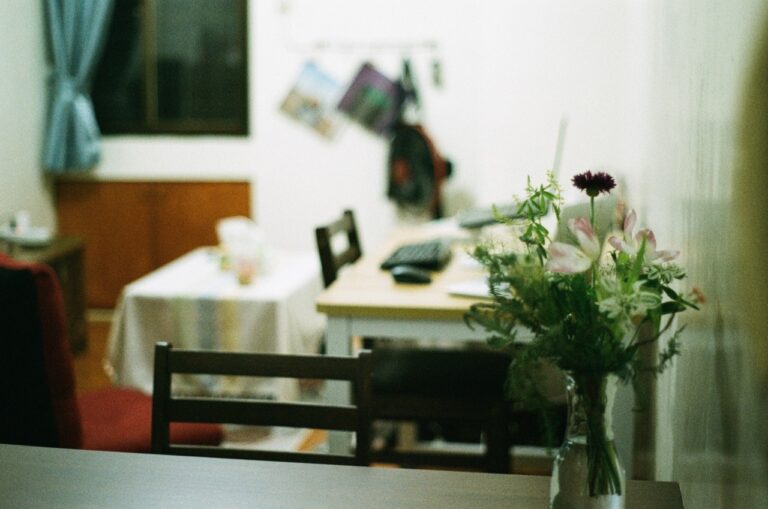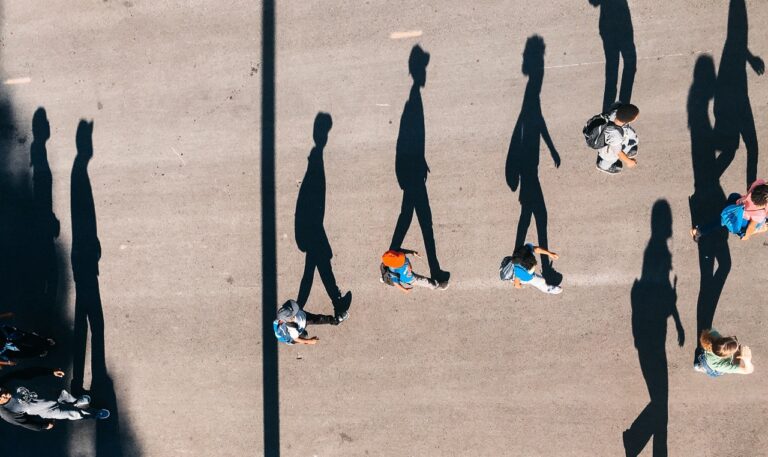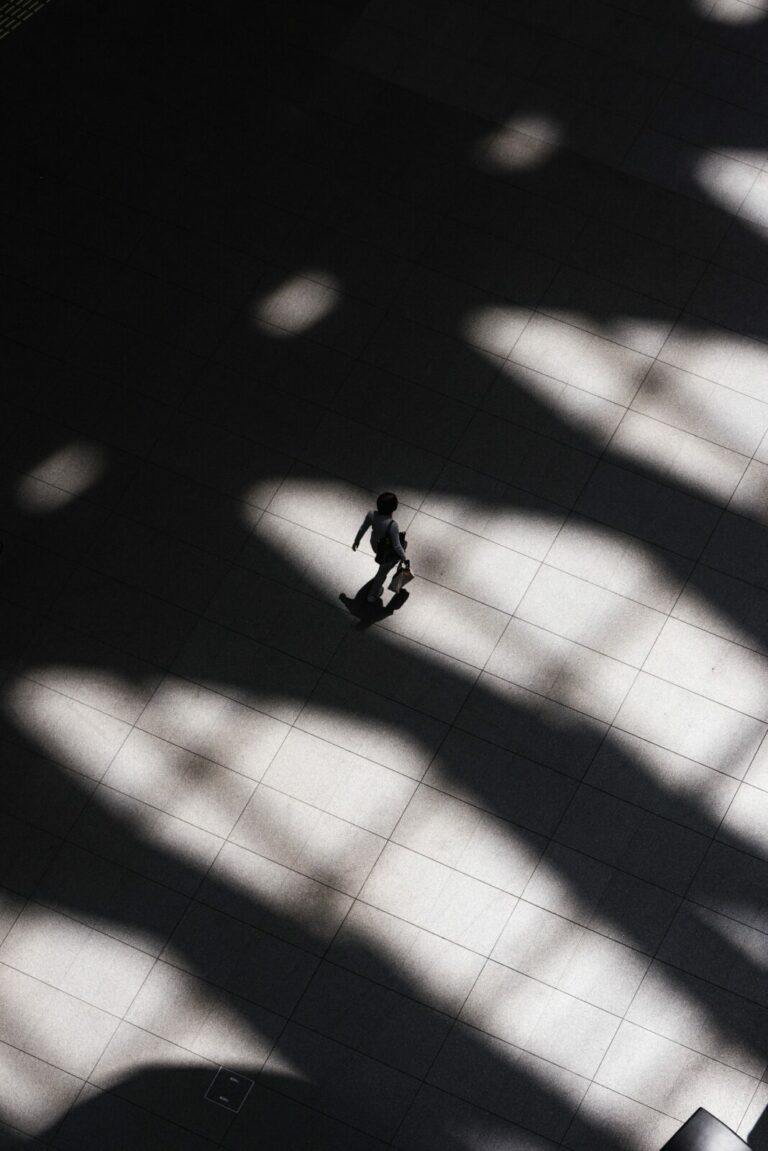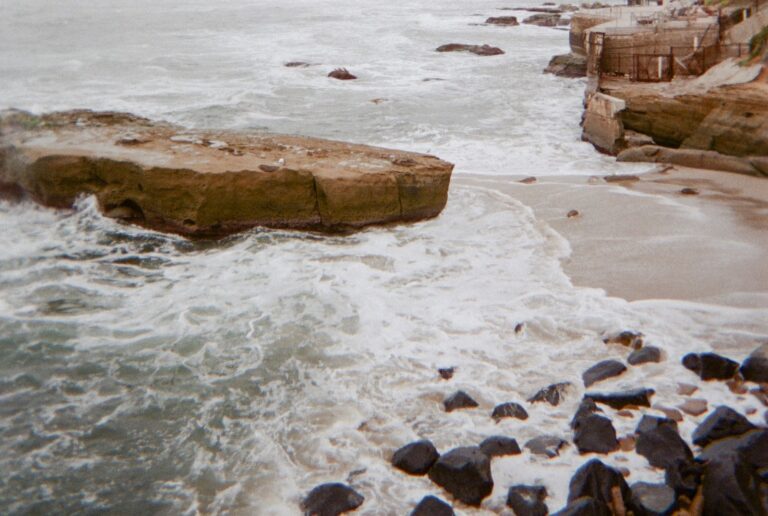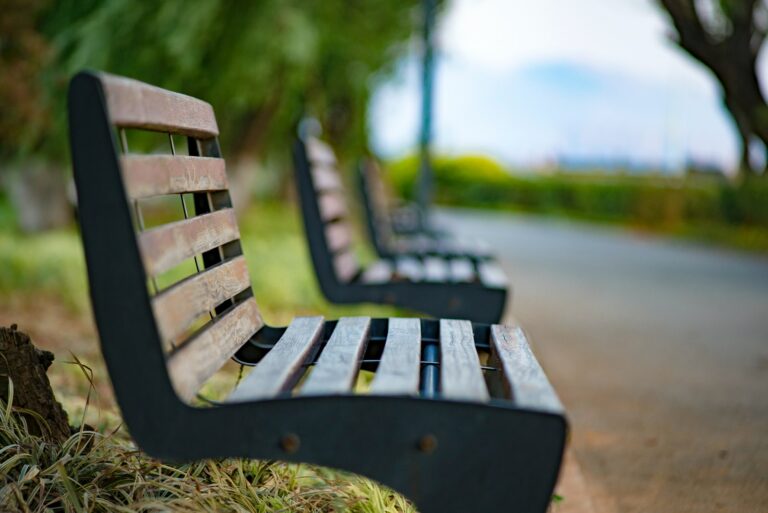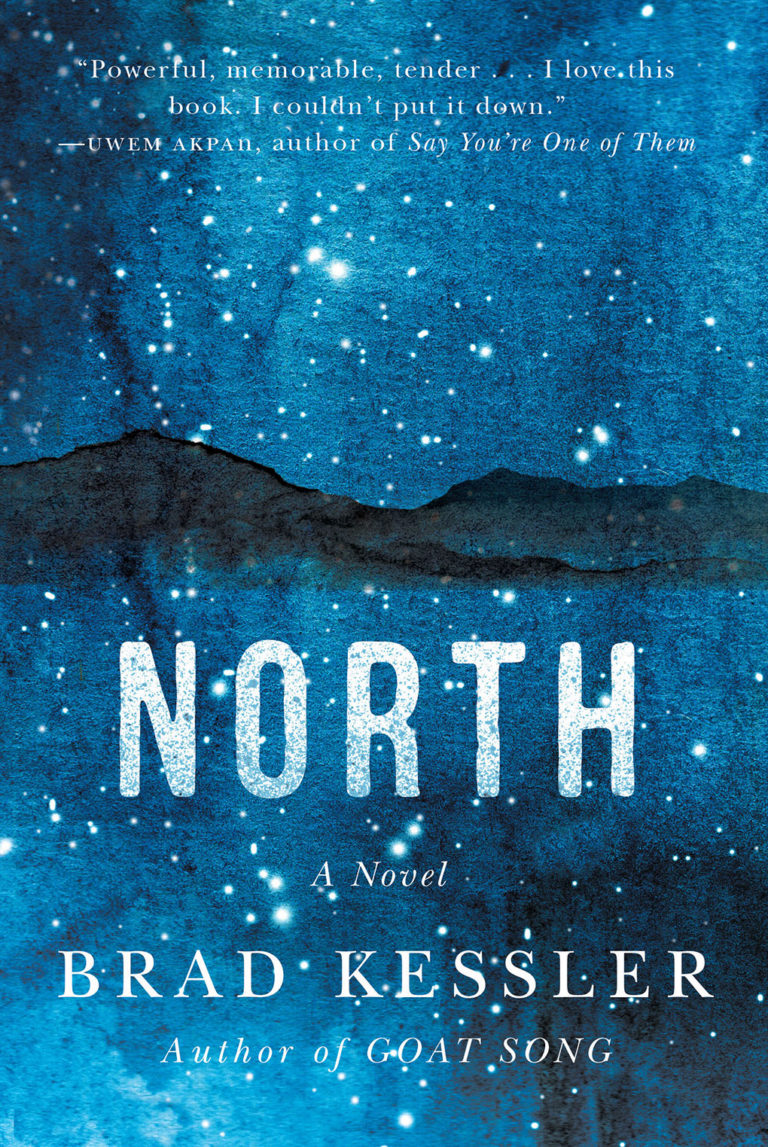You should travel as lightly as is possible, of course, and all manner of products can help you do so: quick-drying underwear and powdered soaps and shampoos, odor-resistant shirts, blankets as thin as tissue paper, and jackets that can be stuffed into pouches that fit in the palm of your hand. Buy them all. Tear the relevant pages out of your travel guides and staple them into thin, manageable packets that you can store in plastic bags. Carry a pencil and small notebook so that you can write down bus schedules and changes in visa regulations and not be burdened by flyers and pamphlets. Become obsessed with conserving space and weight, but if you are in a train station and see a young boy hawking nuts that have been coated with fresh lime and chili, buy five of the half-full paper cups, one for now and one to store in each of the tiny, zippered compartments on the sides of your pack. When the train is rumbling nonstop through the mountains in the middle of the night and everyone else is asleep, you will be glad to have the nuts to stave off hunger and to pass the time. Fold the tops of the cups over and nestle them in with your pocketknife and your lighter, your stash of paper napkins and your bandana that has been useful in more ways than you can count. Hope that the nuts don’t spill out into the compartment but when they do, wish that you had swiped the five or six rubber bands you saw on the desk as you were checking out of your posada. Remind yourself to never again leave behind anything that could be useful in so many situations. Save plastic bags and the aforementioned paper napkins, rolled together like fat cigars or folded neatly into small squares. When you fly, take unopened packages of complimentary cookies and crackers with you. Ask other passengers if you can have theirs. On your way off the plane, look for any unused packets of sugar or dry creamer that may have been left lying on a seat. Take the artificial sweeteners as well, even though you yourself do not use them. You might travel to a small village in the mountains where you will meet a woman who for three months has been living in one of the only two rooms for rent, drinking black unsweetened Nescafe every morning rather than allow sugar to pass her lips. Even though you believe that whatever they put in those sweeteners has to be worse than anything grown in the ground and that even if that were not the case, nothing is worse than Nescafe in its pure, uncut form, give her the sweetener without comment. Remember that homesickness comes from missing the smallest and strangest of things. You yourself will grab packets of mayonnaise by the handful when you can find them. You will carry them around with you in plastic bags so that on particularly bad days you can sit alone in your room, spreading mayonnaise on the closest thing to saltines that you can find.
Always carry bottled water, a liter at least, maybe two, and be cautious about drinking it too quickly. Take only small sips, just enough to wet your mouth and to keep the back of your throat from feeling as if it is about to seal shut. When your bus breaks down on some dusty mountainside and the driver makes everyone get out and sit in the sun, you will be thankful for a bottle of water that is nearly full. Sit away from the other passengers who are squatting at the side of the road or sleeping in the weeds, maybe leaning against the concrete block ruins of what might have once been a school, everyone wearing, even in sleep, that expression of acquiescence that is endemic to third-class bus riders everywhere. Pace yourself with your water. Count off the seconds until you will allow yourself another swallow. Hope that no one will come begging, and wonder to yourself how it is that none of the other passengers has succumbed to the heat. When your water is gone, curse yourself for not buying a cold bottle of Coke before getting onto the bus because there is nothing worse than the regret of opportunities missed. Always remember a particular plate of lamb and jasmine rice that you ordered in a restaurant located on the fifteenth floor of a dilapidated high-rise, in what used to be someone’s apartment. The walls that divided the apartment into rooms had not been removed, so that there were two tables in each bedroom and three in what had been the living room. In the bathroom, the tub was filled with dirty dishes. Remember that you ate in one of the bedrooms with five or six people you had met earlier that day. (If you see other travelers who speak English, always talk to them and always take them up on their offers to include you in their plans.) You had pushed the two tables together and had eaten family style, drinking beer and joking like old friends, passing dishes to each other, the lamb so exquisite that someone would order more every time a plate of it was scraped clean. There was no air-conditioning, just a box fan wedged into the doorway that the white-jacketed waiter had to step over each time he entered the room, and when he laid the last order of lamb on the table, everyone was too full to take more than a token bite. Know that when you tried to go back to the restaurant, it was gone, replaced by a factory where men carve whole elephant tusks into ornate and pastoral scenes that follow the curve of the tusk and make it seem as if everything beautiful in the world occurs on the gently curving slopes of small hills. You stared through the windows that had been installed so that the carvings could be displayed, and the memory of that nearly untouched plate of lamb became unbearable because you have been to places where there is no decent food to be found, where even the fruit is inedible, where you have lived for days off of cheap chocolate and coarse brown bread, and where at night you dreamed about that wasted plate of lamb, believing that if you could have eaten it all, then you might never be hungry again.
Try every type of food you encounter: insects and oddly shaped mollusks, the deep-fried skin from the head of a pig that has been removed intact so that it resembles a mask. Eat grilled slabs of tripe and chew on the bones of delicate birds you did not know existed. Buy sweet-looking pastries with gamey chunks of dried meat hidden in the center and platters of small fish, fried whole and eaten like popcorn. Drink earthy-smelling teas, thin, cloudy soups and watered down rice pudding ladled into rough, wooden cups that are reused after a perfunctory rinse. If you stay in one place long enough to rent a room with a kitchen, buy cans of food without knowing what is in them. Take them home and try to make dinner out of black fungus, marinated seaweed and a clear, tasteless broth that fills up only half of the can. No matter what anyone says, eat raw fruits and vegetables right off the cart. Don’t concern yourself with dysentery or giardia, hepatitis or trichinosis. You will meet travelers whose organs have been scared by shistosomiasis, and you will find colonies of worms in your own stool. Do not concern yourself with the countless parasites lurking in the endless throngs of humanity crowding the markets that begin to mesh together in your mind until sometimes, just before you fall asleep, you imagine the entire world as row upon row of stalls filled with strange fruits, flimsy aluminum pots and brightly colored bolts of cloth, all of it stretching back through time so that there is nothing before it, and moving so far into the future that when the sun begins to grow redder in its final days, when it begins to slowly expand, swelling out to subsume the earth in its brilliant and final glow, dark-skinned women with purple shawls over their heads will look up into the sky and think that they have never seen anything so beautiful in their lives, and seafood vendors will watch their fish light up in a way that will make them think that the scales have turned to diamonds. You imagine that the last thoughts in the world will be of someone trying to decide between two oblong yellow melons, that at the end of the world, some old woman will be haggling over the price of a spoon.
So they won’t think that you have forgotten them, buy cheap souvenirs to ship home to your family for Christmas: silk scarves and carved walking sticks, collapsible paper lanterns, rings made from old silver coins and embroidered pouches so small that they are useless. For yourself buy delicate slippers that you will never wear, anything guaranteed to bring you good luck, and colorful books in languages you can’t read. Lighten your load periodically so that you leave a trail, a reminder of where you’ve been. Since you must always be well rested, buy yourself small pillows and light blankets to facilitate sleeping in places not conducive to sleep. You cannot afford to be tired when a woman invites you to hike up a mountain to the ruins of a temple perched on the edge of a cliff. Sleep so that you will be alert as you follow her up the trail, so that you can concentrate on the muscles in the backs of her calves and on the tendons flexing in her neck every time she turns her head to look down at the river slowly falling away beneath you.
Sleep whenever there is nothing else to do, but know that even on long bus rides, there is always something to do besides sleep. Sitting by itself at the foot of a low, rocky hill, you might see a small stone building the size of a shed with four intact walls and a large, ficusy-looking tree growing where the roof used to be. As the bus moves past, you will be able to see that the building is empty, will see that if you were to stand inside, surrounded by the swirling and dappled light and listening to the wind sway the branches overhead, you would notice that although the bottoms of the walls are pure stone, in the middle, the tree’s roots have invaded every chink, followed every irregular crack until there is no distinction between building and tree, and if you were to start at the floor and move your eyes slowly up the wall, stone would morph into living root until there would be nothing above you except for solid tree. But you cannot go into that small building. There will barely be enough time to understand what you are seeing before your bus moves on and the building disappears behind a stand of bamboo.
And if you are in a train station at night, tired from a full day of bouncing over what passes for roads, do not fall asleep even though it will be hours before your train arrives. Sometime during the night, there might be a soccer game in the deserted main hall of the station, and you might be invited to play. Even if soccer is a mystery to you, even if your only experience is tripping over the ball as a child, play anyway. Play not just for the game itself but for how it will be broken up by the station guards who have been drinking beer in their glassed-in office and who emerge, one holding onto a dog that is straining at its leash, the other blaring his whistle and waving his arms so that at first you think he is coming to referee. It is only when the guard with the whistle takes the ball and they both head back to the office that you will realize the game is over. Watch as one of the players follows to protest, and when he gets too close, look for how the guard with the dog loosens his grip on the leash just enough that if the player were any slower, he would have lost a finger. Stay awake to see the guards go back to drinking and arguing over a game of dominoes, the dog blinking every time a tile is slapped down on the small wooden table.
There are women to see as well, and if you close your eyes, you might miss one who is just what you are looking for. Even if she doesn’t seem promising at first, look again to see if something in her gait or in the faces she makes as she studies the train schedule suggests that she is willing to travel with you for a while, that she might, on the pretence of saving money, agree to share a room with only one small bed.
Or watch the way she fumbles with a damp book of matches to see if maybe she is meeting a friend in the next city, and like the two English women you once met, they may want to take turns with you in an eerily formal and efficient manner, one of them sitting just outside the bedroom door and smoking while she waits for the other to come out and mumble something about how she has warmed you up. Know that the rules are different when you are so far away from home. Everyone is lonely or missing something and there is no time to be shy, no time to wait for something better. Avoid the locals though, the prostitutes or those willing to become ones for more cash than they have ever seen before. Look instead for someone who reminds you of where you are from, a woman who might not give you a second glance at home, but in an open-air bar that spills out onto the street at night, she will sit across from you, searching through the coins from various countries that have accumulated at the bottom of her purse, trying to find enough change to pay her half of the bill, and when she finds a package of condoms, she will toss them to you, saying that you will need them later and she doesn’t want to hold things up by having to rummage through her purse again.
There will of course be failures as well. Become immune to that look of pity and contempt that creeps across some women’s faces when you come near. Learn to embrace it because it reminds you of home. Some will pretend they don’t speak English. Some might, like an Israeli woman once did, plan an excursion and invite every westerner in the hotel except for you. If you are still in town when such a woman returns and you see her in the lobby, she will say that the night before they left, she had looked all over for you because she so much had wanted you to come. Believe her. One of the luxuries of moving around is that you can believe anything you want. Believe that the hug she gives you is something more than an obligation. Become obsessed with her if you want. Look for her everywhere you go. Keep yourself awake on trains by imagining the possibilities of your life together and by looking for her in the crowds of people shuffling on at every stop. Remember that distance changes everything. Know that if you were light years from earth and saw the old man who lived downstairs from you back home, the one who never spoke to you but who always looked as if it were a dishonor to have you living so close by, the two of you would become intimate in a way that would have been impossible on earth. Traveling so far from home would have made him sick, near death maybe, and you would hold his head and whisper to him, saying things you will not be able to say to your own father when he is dying. If you were to see the Israeli woman far enough away from where you first met her, you would meet for drinks and make plans. It is possible that the two of you would travel together for awhile, that you might even set up house in a squalid apartment somewhere with no hot water and a front door that doesn’t close all the way, and when you are shopping for a frying pan or picking out vegetables for dinner, pretend that you are newly married, that this is the beginning of a long life together. Imagine your grandchildren gathered around you, listening with rapt attention to stories of how you had traveled together back when the world was a much bigger place than it surely will become. Do not sleep when you are with her. Stay awake, cataloguing every detail. Feel her breathing next to you as you study every strange bug that inches up the wall. Listen to the calls of the street vendors, to the rhythms of languages that you can understand in only the most visceral way. Remember everything she has ever cooked for you and every time she has called you dear in front of anyone else.
But memorize the bus schedules and feel empty every time one leaves without you. Don’t go anywhere but be afraid to stay where you are. Remember that there is always something you are missing. If you leave, you will regret the life that was just beginning to unfold. But if you stay, all the things you do will grow large and unwieldy, piling on top of each other like poorly-stacked beams that will soon come crashing down, pinning you beneath them, keeping you from someplace that just might be better than where you are now.


